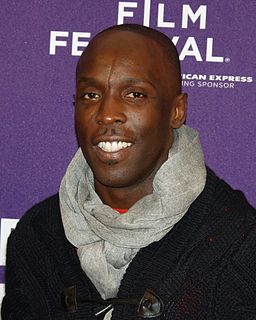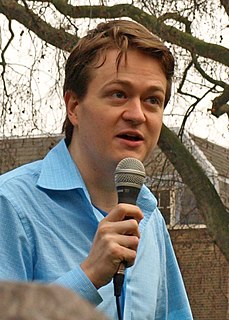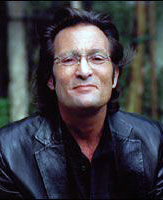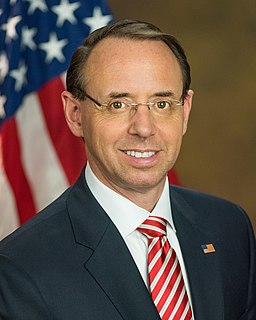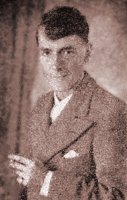A Quote by Michael K. Williams
My goal is to end mass incarceration and change the laws to stop locking up low-level, nonviolent drug charges. Stop charging drug addicts as criminals.
Related Quotes
The opposite of addiction is human connection. And I think that has massive implications for the war on drugs. The treatment of drug addicts almost everywhere in the world is much closer to Tent City than it is to anything in Portugal. Our laws are built around the belief that drug addicts need to be punished to stop them. But if pain and trauma and isolation cause addiction, then inflicting more pain and trauma and isolation is not going to solve that addiction. It's actually going to deepen it.
I think the biggest problem in our country is mass incarceration and the prison-industrial complex. From the Rockefeller drug laws to stand your ground to stop and frisk, all these are pointing people, especially and disproportionately black and brown people, towards the criminal-justice system. It's depleting whole generations of people.
The legalization of drugs, a proliferation of a public health approach to drug use and drug addition, a compassionate mental health system. And can we just say gender equality and the end of mass incarceration and the final shedding of the vestiges of a slave-based nation? Can we have that, too? Can I have it all?
[T]he truth is that drug addicts have a disease. It only takes a short time in the streets to realize that out-of-control addiction is a medical problem, not a form of recreational or criminal behavior. And the more society treats drug addiction as a crime, the more money drug dealers will make "relieving" the suffering of the addicts.
Individual freedom and drug laws contradict each other. In a genuinely free society, people are free to ingest whatever they want to ingest, no matter how harmful or destructive. What people ingest is none of the government's business. If drug users or drug addicts wish to get help, a free society provides the means to do so.
I'll get rid of the drug problem. The first drug dealer will be publicly executed in front of everybody and all of the sudden the rest of the drug dealers are going to go "Uh oh!" Watch how fast the drug problem disappears. If you use drugs, you're addicted and you steal something, you'll get sent off to the outback and to work camps and all of the sudden no drug addicts. See how simple that is? So simple.
For many years, they said the drug lords in Colombia were unbeatable, but all the same, we've eliminated all the big capos (as the drug lords are called in Colombia). The homicide rate is as low as it was 40 years ago and the kidnapping rate has dropped to the level of 1964. Now we'll be able to bring down the street criminals specializing in extortion and robbery.
Barack Obama's understanding of what the drug war had cost the country was meaningful. And very quietly in his second term, he and Eric Holder did make some adjustments in terms of the use of the Department of Justice, on the federal level. You saw ratcheting back of drug prohibition, and mass incarceration. You also saw, on the part of some certain states, a realization that they followed the war on drugs to a useless place, that they were only doing damage to communities, and bankrupting budgets with prison construction.
To make matters worse, federal drug forfeiture laws allow state and local law enforcement agencies to keep, for their own use, up to 80 percent of the cash, cars, and homes seized from suspected drug offenders. You don't even have to be convicted of a drug offense; if you're just suspected of a drug offense, law enforcement has the right to keep the cash they find on you or in your home, or seize your car if drugs are allegedly found in it or "suspected" of being transported in the vehicle.
